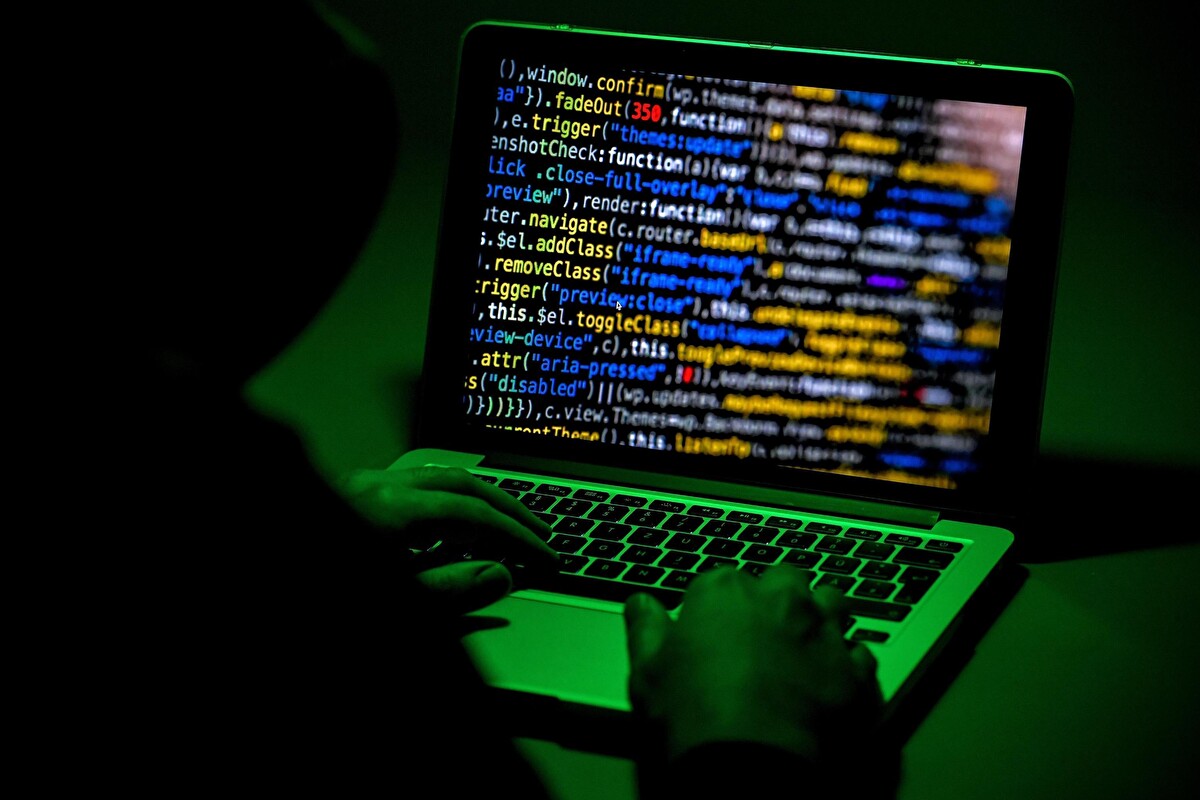On the night of Friday-Saturday, Pakistan began its counterattack against India after New Delhi had fired its missiles at three air bases in the country.
The first Indian attack had begun on Wednesday evening, when the local government said it was targeting some Pakistani “terrorist infrastructure.” The offensive had caused the deaths of 31 people-Pakistan later denied that terrorist groups were operating in the areas hit by the missiles.
“Several locations in India were targeted in the retaliatory attacks,” Islamabad state media reported on Saturday. Pakistan began its offensive by striking India’s Pathankot airport and Udhampur air base.
Pakistan’s prime minister, Shehbaz Sharif, convened a meeting of the National Command Authority, the main body that makes decisions on the country’s nuclear weapons control, command and operations.
The military then said it had launched Operation “Bunyanun Marsoos,” a name taken from a verse in the Quran meaning “unbreakable wall.”
At least five people were reportedly killed in the Islamabad attack in India’s Jammu region, according to Kashmir police.
As reported by some sources very close to the local government, the Pakistani army also reportedly destroyed the Indian depot of BrahMos cruise missiles in Beas, near Amritsar, from which started New Delhi’s attack earlier in the week.
The same sources confirmed that the Udhampur air base, as well as all Indian air bases involved in the offensive, were successfully targeted. Additional attacks were carried out against the KG Top brigade headquarters, a supply depot in Uri, artillery positions in Derangyari and against a missile site in Nagrota.
Indian Air Force Commander Vyomika Singh said the country has pledged not to escalate, provided the Pakistani side also agrees. However, he added, the Indian military has detected the transfer of Pakistani troops to the border territories.
Meanwhile, G7 foreign ministers are now calling for “maximum restraint” from the two nations, aiming to avoid a nuclear confrontation that could have devastating consequences. “Further military escalation poses a serious threat to stability in the region,” the latter said.
U.S. Secretary of State Marco Rubio also held telephone talks with both sides, hearing from India’s Foreign Minister Subrahmanyam Jaishankar and Pakistan’s Foreign Minister Ishaq Dar. The U.S. official urged the two to promote an immediate “de-escalation” of the fighting.












